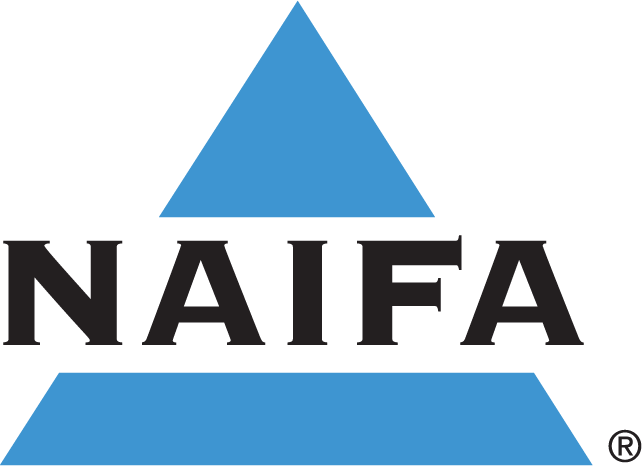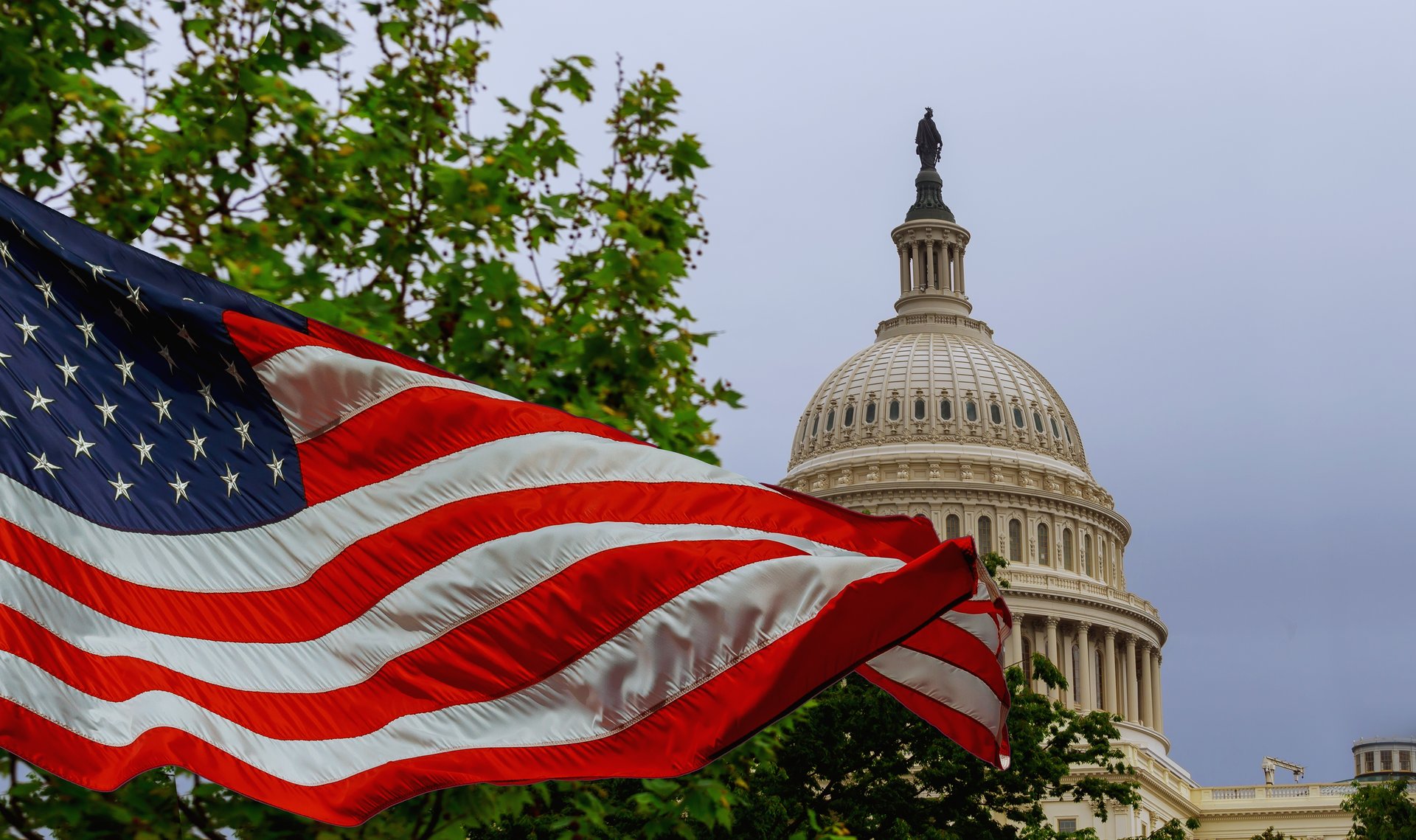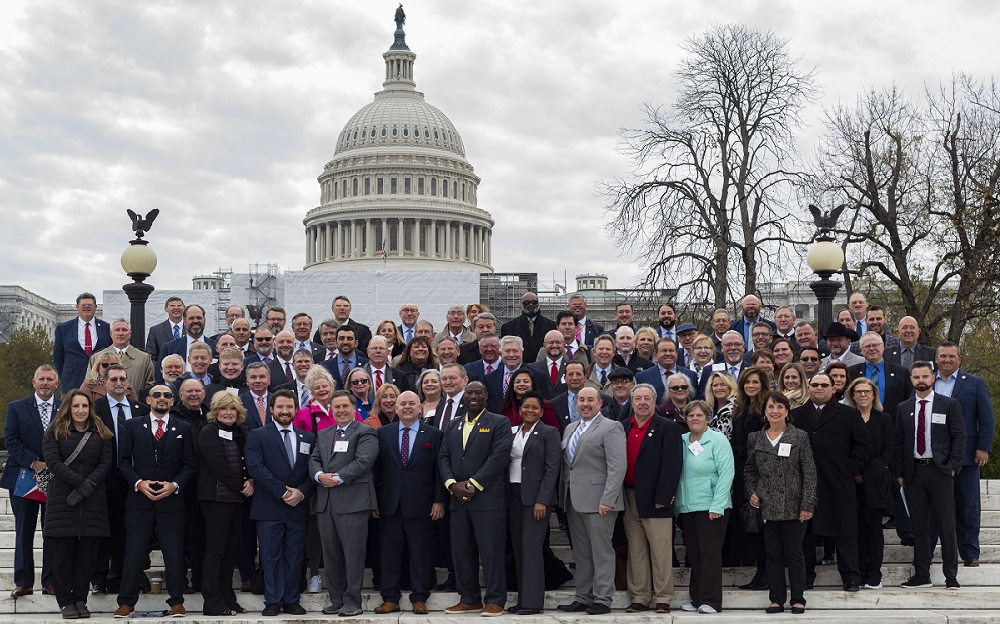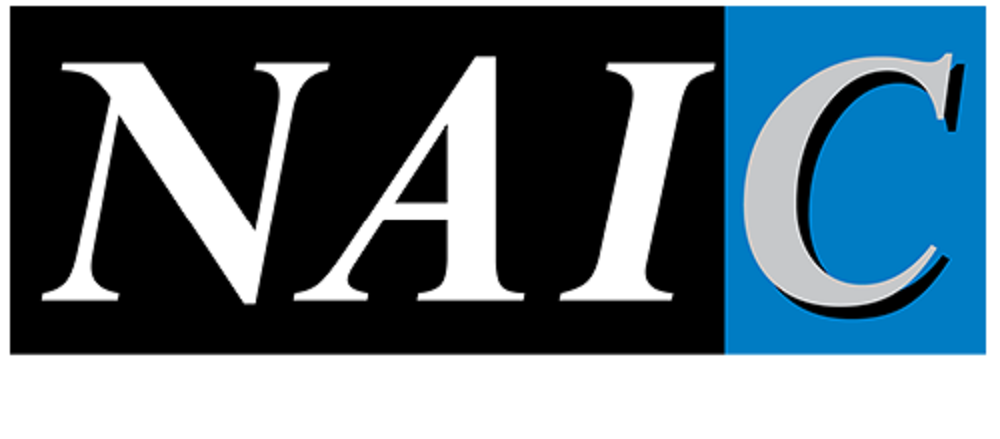Passage of the Registered Index-Linked Annuities (RILA) Act and the SECURE Act 2.0 as part of the 2023 Omnibus Appropriations bill greatly benefits consumers as well as the insurance financial professionals who help them prepare for retirement and achieve financial security. The National Association of Insurance and Financial Advisors (NAIFA) has strongly advocated on behalf of both pieces of legislation.
“With this bipartisan legislation, Congress makes it easier for Americans to prepare for retirement and gives them greater access to innovative annuity products that guarantee lifetime income while offering some protections from market volatility,” said NAIFA President Lawrence Holzberg, LUTCF, LACP. “SECURE 2.0 will also make it easier for more companies to offer retirement plans for their employees. Preparing for a secure retirement is a vital part of any financial plan and receiving a guaranteed lifetime income can be an important part of that plan for many consumers. It’s great to see strong advocacy efforts by NAIFA, our members, and our advocacy partners pay off with a great win for consumers.”
SECURE 2.0 and lifetime income products were among the main points of discussion during more than 150 meetings NAIFA members had with members of Congress during NAIFA’s November National Leadership Conference in Washington, D.C. The retirement legislation was also the subject of many congressional meetings NAIFA members had at the NAIFA Congressional Conference Day on the Hill earlier this year. NAIFA advocates have had additional meetings with lawmakers and sent letters urging the passage of SECURE 2.0 and the RILA Act.
Registered index-linked annuity products offer a good option for some consumers who want to benefit from market growth while reducing their exposure to market losses. These are long-term, tax-deferred investments that are often well-suited for investors who are preparing for retirement, especially those who are retired or are nearing retirement and wish to reduce the impact of market downturns.
Unfortunately, the Securities and Exchange Commission (SEC) paperwork required to register RILAs is unnecessarily burdensome and confusing. It requires financial institutions to submit forms more often used for initial public offerings or other “catch-all” forms that require a great deal of extraneous information not relevant to RILAs and not readily available to insurance firms offering RILAs. The current legislation makes it easier for companies to provide investors with more options and directs the SEC to streamline RILA paperwork.
SECURE 2.0 is a retirement savings reform package that builds on the original SECURE Act enacted in 2019. Among other provisions to encourage retirement planning and provide more flexibility for consumers, the legislation increases the age at which required minimum distribution must begin; provides for the autoenrollment of employees in new 401(k), 403(b), and SIMPLE plans while giving employees the ability to opt-out; provides additional tax credits for small employers contributing to employees’ plans; provides more opportunity for lower-income and part-time workers to prepare for retirement; extends the National Flood Insurance Program’s (NFIP) authorization and borrowing authority through September 30, 2023; and allows penalty-free withdrawals from retirement plans to pay long-term care insurance premiums under some circumstances.
The 2023 Omnibus Appropriations bill now goes to the White House for President Biden’s signature.
